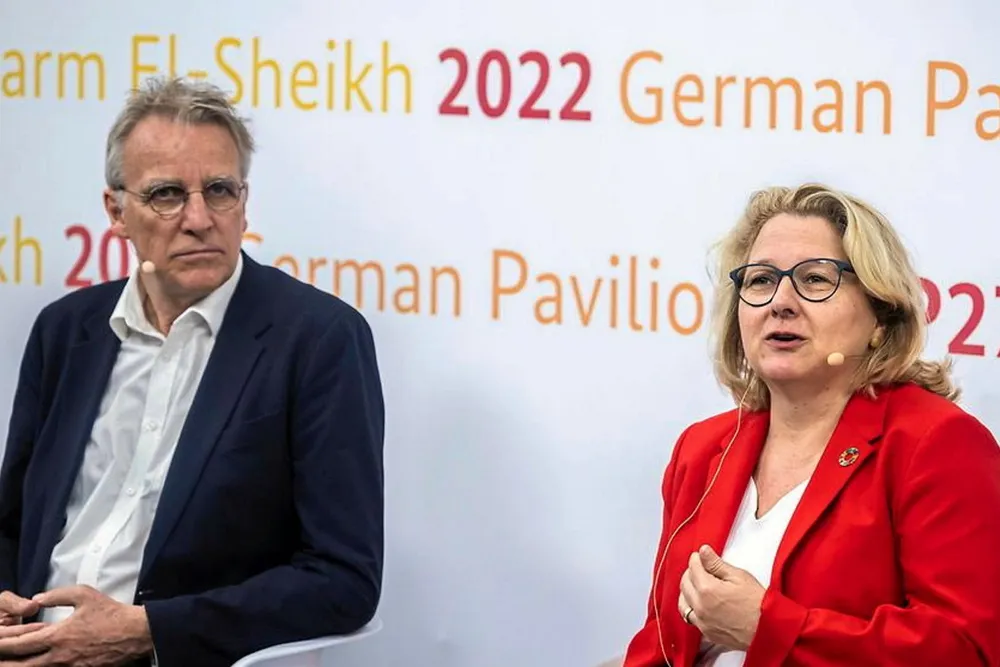Germany invests €550m in two new global green hydrogen funds that will close 'important' finance gap
Money will be used to support H2 investments in emerging nations and to accelerate worldwide market ramp-up

Money will be used to support H2 investments in emerging nations and to accelerate worldwide market ramp-up
